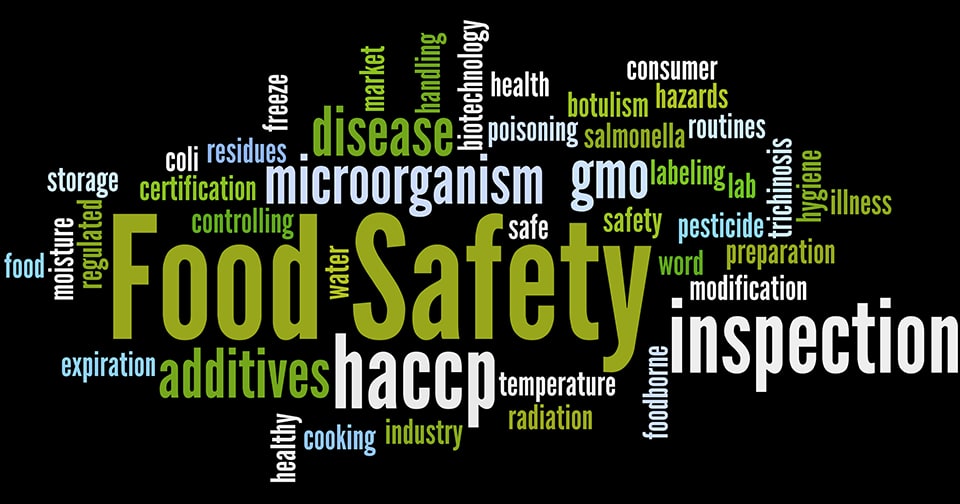
Food handlers may be the main cause of food contamination if they do not follow good food hygiene and safety practices. By following simple food hygiene rules contamination may be prevented meaning it is imperative that all staff recognise their food safety responsibilities. Properly trained staff will understand the risks and be able to take appropriate action to reduce risk and eliminate food contamination.
The New Year is a good time to review all staff training. The previous 12 months may have seen food businesses change their operating practices, product lines or menus, install new equipment as well as taking on new staff and elevating existing staff to supervisory roles. This is an ideal time to review processes to see whether the business is up to date and all staff have received the appropriate training.
Food business operators are required by law to ensure that food handlers receive the appropriate supervision, instruction and training when it comes to food safety.. This applies to all staff regardless of their contractual status and includes full time, part time and temporary workers. Any training or instruction provided should ensure that food handlers have sufficient knowledge and competence to handle food safely with supervision to an appropriate level.
Effective procedures
Managers and supervisors should receive a more advanced level of training which builds on the subject matter targeted at operative workers, but additionally highlights the specific responsibilities associated with supervising and managing a safe food business. The training should reflect an understanding as to what the principles of effective food safety management procedures are, how they are incorporated into working practices as well as what the key processes are and how they are implemented within the business.
Food business operators are responsible for determining how training in food safety management procedures is achieved. The appropriate knowledge and competencies can be obtained in a number of ways, including on-the job training, self study through expertly produced guidance materials, attending formal training courses or through prior experience.
People, process, products
When developing a training programme for your business it must be specific to the organisation, the people that work in it as well as the processes and products produced. The development of the programme will be instigated by trainers that are sufficiently knowledgeable about the relevant food risks that may arise within the business, following which a programme will be developed that is appropriate on all levels. Whatever approach is taken it should be one which ensures that the key training messages are clearly understood. This might mean that consideration is given to potential language barriers, or the literacy skills of staff when engaging in training sessions which cover theoretical subjects.
Lastly, consider new joiners and what to do when staff already hold food safety qualifications. When recruiting new staff that hold nationally recognised food safety qualifications, the legal imperative should be that supervision and training is commensurate with their work activity, never assuming that they have the relevant skills and knowledge. To ensure individuals have the skills and knowledge your business requires it is essential that you assess them through some form of review or assessment process. You may then insist that new team members sit assessment and where appropriate, the employer then should provide additional training, following which the individual goes through the food safety training process that you operate for all of your staff.
Mike Williams
